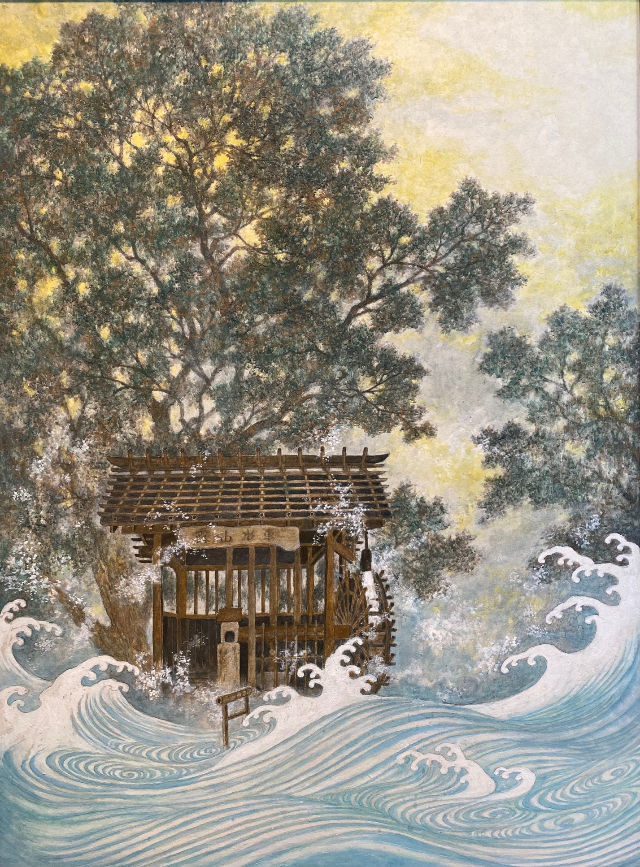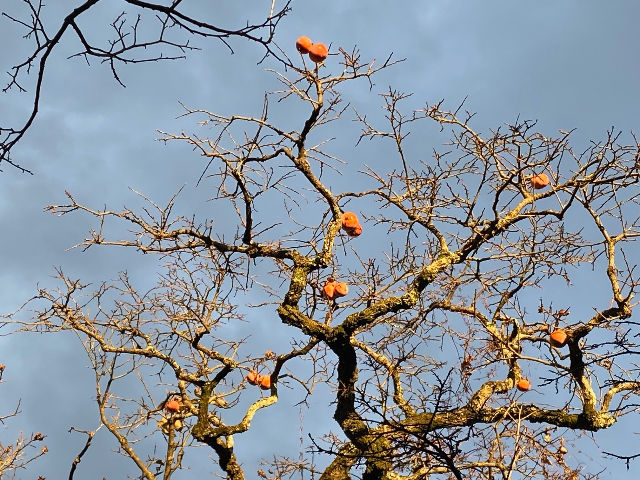VEGGIE TIME
- Rebecca Otowa
- Jul 8, 2020
- 5 min read

Please forgive my tardiness in posting this blog! Time has gotten away from me recently, because it’s Veggie Time in the Otowa household.
The Vegetable Year starts here in May, after the fallow months of March and April when nothing much to eat comes out of the garden. May is the time of strawberries and snap peas, which have been planted way back in October. (Frost and snow don’t bother them.) The strawberries require some watching, since they are beloved of slugs. I found two good ways to discourage them – stake the strawberries, which grow in clumps, so they are dangling a few inches above the soil where the slugs can’t get at them, and place “beer traps”, small dishes sunk in the soil and filled with cheap beer. Slugs love beer even more than they love strawberries, and I am pleased to give them such an ecstatic death – drowning in beer. My strawberries are small, but I usually get enough for a couple of decent-size jars of jam.
As for the peas, I don’t need to do anything at all except pick them. And the more I pick, the more they produce. I had only three plants this year and they came up to scratch manfully. We had as many peas as we could eat, including early morning walking-to-school snacks, plucked fresh from the vine by the grandkids.
May is also the time when summer veggies “go in”, in other words, the seedlings are planted in their places. Eggplant, tomato, pepper, corn, cucumber, pumpkin, zucchini. Some of these I grew in small pots, and some I bought as seedlings from the nursery. Each variety has different requirements in terms of nets, staking, soil preparation, and protection from the voracious insects which appear as soon as the plants are in. An account of everything I have to do would probably be unreadable, so I won’t attempt it!
June is when we can harvest potatoes and onions previously planted. This year I just did “trash potatoes”, flinging some old ones with healthy “eyes” out onto an empty plot of ground and covering them with soil. They produced quite well, without all the trenching, thinning and soil moving I usually do. I harvested my onions a bit early because I was afraid of predation by moles. Just a fun fact: the fastest growing and producing plant in my garden is the potato, and the slowest is garlic. Potatoes grow from nothing to fat round underground goodness from March to June (only 3 months), and garlic requires from September to the following July (a full 10 months)!
Now that we are in the thick of the monsoon season, the skies are covered with lowering clouds and the ground with mud, and it rains part of every day. Everything is growing rapidly – some cucumbers and tomatoes are ready (the cukes must be watched carefully as they balloon up to enormous size, hidden among the leaves, in a couple of days). Summer weeds, big and turgid, are determined to cover every available space. Weeding is a neverending task, one that occupies me from March to November, and there are different weeds for every season. (It’s a fact that a significant proportion of any soil sample is weed seeds.) At my age it’s getting a little harder to get down to ground level and then stand back up after a weeding session. Add humidity, and stiffness of the bod is my constant companion at this time of year. Thank goodness for a hot Japanese bath at night!
The monsoon will hopefully be over mid-July (with the recent vicissitudes in weather due to climate change, though, who knows?) and then will start the lovely summer days of beating sun, cleansing sweat, baskets of veggies coming in every day, pickling, and of course more weeding. Of course, I’m not the only one who thinks these veggies are delicious. We plant veggies in two strong net cages on our property to discourage monkeys and various rodent-like creatures. When the most delicious things are almost ready, I’m tempted to stand guard around the clock to protect them!
With all the sumptuous produce available in the supermarket and farmer’s market, some people would wonder why I bother. Weeds, bugs, stiffness, sweat, danger of predators… why do I brave all these in order to be able to eat my own veggies and give them to my family and friends? And I’m not really doing much. After all, I don’t “make” the veggies myself – I just guard the plants as they grow and take the bounty, or not, depending on the weather and other factors that are a mystery to me. I’m not even a very rigorous ecologist, though I prefer organic and mechanical methods of pest control, I don’t kill things except by accident, and I don’t use chemicals or plastic in the garden.
How would a gardener answer the question, “Is it worth it?” Most of them would answer yes, though like me, they might be hard put to explain why. Working in the garden has its own sweet rewards, even though one’s cucumbers may be curly and small, one’s corn may have worms or ants, one’s zucchini may be rotting off the plant due to heavy rain.
I think one of the greatest rewards comes from caring – paying attention to the way plants grow and protecting them as they do their thing. It’s a great learning experience. The biosphere – the great aggregate of plants on our planet – is truly amazing. Some researchers think plants are all connected, and how do we know otherwise? We humans can’t afford to ignore these fellow creatures which provide us with so much, so mysteriously.
Another great reward for me is to communicate with the planet itself, in my postage stamp-sized veggie patch. I listen to it, and it tells me things. Recently it’s been advising me on the places that are tired of producing, that need to rest for a year of so with mulch on top. It also told me to stop using any kind of plastic – ties, string, etc.
The great lessons that a veggie garden teaches are patience and forgiveness. Even if something is a dismal failure this year, there’s always next year. And digging up seeds to see if they have sprouted is counterproductive! You have to wait. The first prickly little cucumber or sweet cherry tomato to come out will be followed by a deluge, if you are patient enough and trust the plants to do what they want to do: set fruit and ensure the next generation. And the plants don’t get angry or plot revenge; they forgive my every ham-handed attempt. It’s a peaceful and life-affirming way to pass the summer days.



Comments